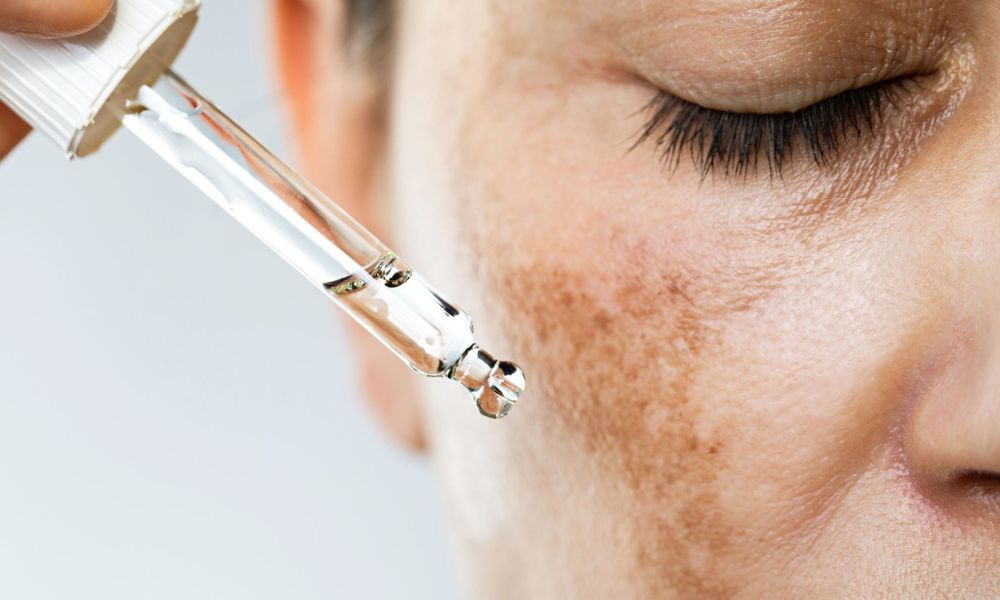Nose surgery, technically known as rhinoplasty, is a surgical procedure that has the power to enhance both the form and function of the nose. While many people consider rhinoplasty for aesthetic reasons, it is also a solution for individuals experiencing health issues related to their nose. In this article, we will explore what nose surgery is, delve into the signs that may indicate a need for this procedure, discuss post-surgery care, and highlight the benefits of undergoing nose surgery for health issues. We will also shed light on the potential dangers of not addressing these health concerns through surgery.
What is Nose Surgery (Rhinoplasty)?
Nose surgery, or rhinoplasty, is a surgical procedure that involves reshaping the nose to improve its appearance and function. This procedure can be performed for a variety of reasons, including addressing congenital deformities, correcting injuries, enhancing aesthetic features, and improving breathing. It is a versatile surgical technique that combines the art of aesthetics with the science of medical necessity.
Signs You Need Nose Surgery
Breathing Difficulties:
If you struggle with chronic breathing difficulties, especially when these issues are related to a deviated septum, nasal valve collapse, or other structural problems, it may be a sign that you require nose surgery.
Recurring Sinus Infections:
Frequent or chronic sinus infections, which may be caused by structural issues in the nasal passages, can be an indication that nose surgery is necessary.
Deviated Septum:
A deviated septum can lead to chronic breathing problems, frequent nosebleeds, and sinus issues, making surgical correction a potential solution.
Aesthetic Concerns:
Aesthetic concerns, such as dissatisfaction with the shape, size, or symmetry of the nose, are often the motivation for rhinoplasty.
Nasal Injuries:
Traumatic injuries, such as fractures or injuries that have altered the shape or function of the nose, may necessitate surgical correction.
What to Do After Nose Surgery
Recovery Period:
Following nose surgery, patients must allow time for recovery. This period can vary depending on the extent of the procedure but typically includes one to two weeks of rest.
Pain Management:
Patients may experience some discomfort or pain after the surgery. Pain management medications prescribed by the surgeon can help alleviate this.
Swelling and Bruising:
Swelling and bruising are common after nose surgery. These effects will gradually subside, but cold compresses and keeping the head elevated can help reduce them.
Follow Surgeon’s Instructions:
It’s essential to strictly follow the post-surgery instructions provided by the surgeon, including avoiding strenuous activities, refraining from blowing the nose, and not wearing glasses on the nose bridge.
Long-Term Care:
While recovery from nose surgery is relatively short-term, patients should be prepared for the long-term care and follow-up appointments necessary to monitor the results.
Benefits of Undergoing Nose Surgery for Health Issues
Improved Breathing:
Correcting structural issues through nose surgery, such as a deviated septum, can lead to significantly improved breathing and alleviate chronic congestion.
Reduced Sinus Infections:
Nose surgery can address issues that lead to frequent sinus infections, thereby reducing the number and severity of these infections.
Enhanced Comfort:
For individuals who have experienced discomfort due to structural problems or nasal deformities, nose surgery can significantly enhance comfort and overall quality of life.
Aesthetic and Psychological Benefits:
Addressing aesthetic concerns can have a positive impact on self-esteem and overall well-being.
Restored Nasal Function:
Nose surgery can restore proper nasal function, ensuring that individuals can breathe easily and comfortably.
Dangers of Not Addressing Health Issues with Nose Surgery
Chronic Discomfort:
Failing to address health issues through nose surgery can lead to chronic discomfort, including breathing difficulties, congestion, and frequent infections.
Reduced Quality of Life:
Health issues related to the nose can significantly reduce an individual’s quality of life, affecting their daily activities and well-being.
Psychological Impact:
Health issues that affect the nose can also have a psychological impact, leading to self-esteem issues and reduced confidence.
Continued Health Problems:
Neglecting to address health issues through surgery can lead to a cycle of continued health problems and medical expenses.
Missed Opportunities for Improvement:
Not seeking treatment through nose surgery means missing the opportunity for improvement in both health and overall well-being.
Conclusion
Nose surgery, or rhinoplasty, is a transformative procedure that can address both health issues and aesthetic concerns related to the nose. From improved breathing and reduced sinus infections to enhanced comfort and psychological well-being, the benefits of nose surgery are numerous. Failing to address health issues through surgery can have negative consequences, including chronic discomfort, reduced quality of life, and missed opportunities for improvement. If you experience health issues related to your nose, consulting with a qualified surgeon to discuss the potential benefits of nose surgery is a crucial step toward achieving a healthier and more fulfilling life.






